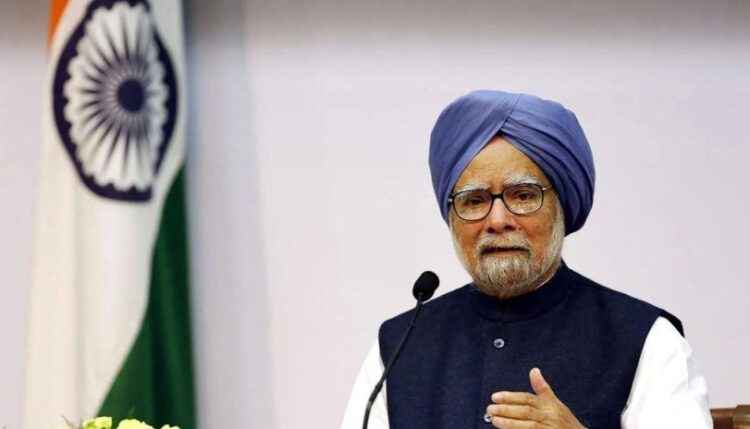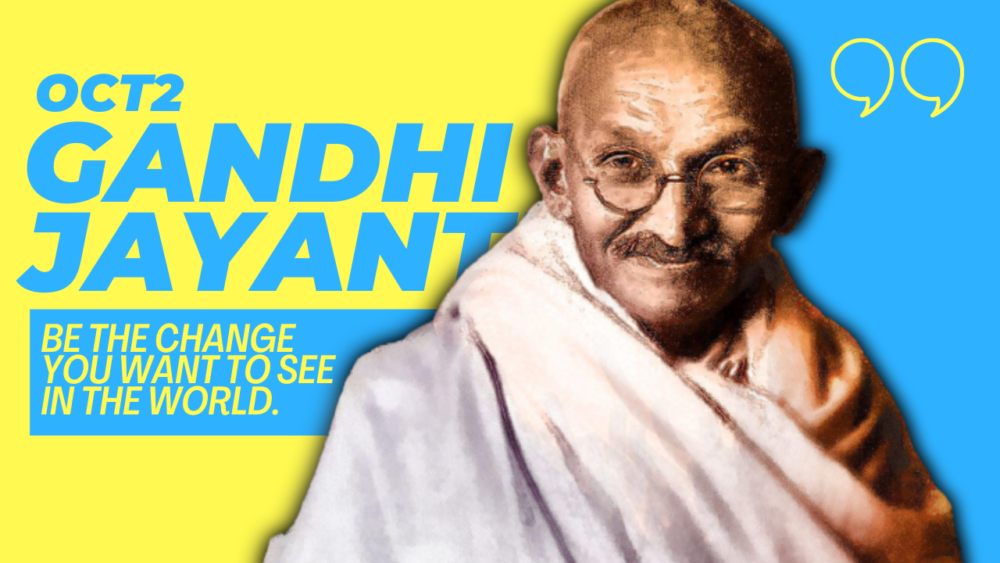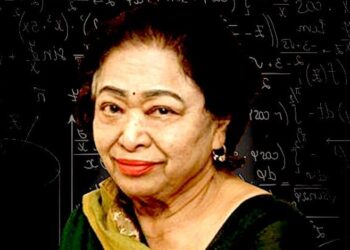Singh was born into a Sikh household on September 26, 1932, in Gah, Punjab, British India, to Gurmukh Singh and Amrit Kaur. He was reared by his paternal grandmother, with whom he was quite close since his mother died while he was very little. His family moved to Amritsar, India, after India’s partition, where he studied at Hindu College, Amritsar.
He studied Economics at Panjab University in Hoshiarpur, Punjab, and received his bachelor’s and master’s degrees in 1952 and 1954, respectively, while consistently placing first throughout his academic career. In 1957, while a member of St John’s College, he earned his Economics Tripos at the University of Cambridge.

MIn 1991, when India was in the midst of a serious economic crisis, newly elected Prime Minister P. V. Narasimha Rao surprised everyone by appointing the apolitical Manmohan Singh as Finance Minister.
The fiscal deficit in India was near 8.5 per cent of GDP, the balance of payments deficit was significant, and the current account deficit was close to 3.5 per cent of GDP. The ubiquitous Licence Raj had to be destroyed, and India’s effort at a state-controlled economy had to come to a stop as a result of IMF-dictated policy.
Following that, Singh, who had been one of the most significant architects of India’s socialist economy up until that point, abolished the permit raj, along with reduced state control of the economy import taxes.
The signing of the Indo-US Nuclear Deal, also known as the India Civil Nuclear Agreement, was one of India’s most significant achievements under Prime Minister Manmohan Singh’s administration. In a joint statement, Manmohan Singh and George W. Bush, then-President of the United States of America, laid the groundwork for this agreement between India and the United States.
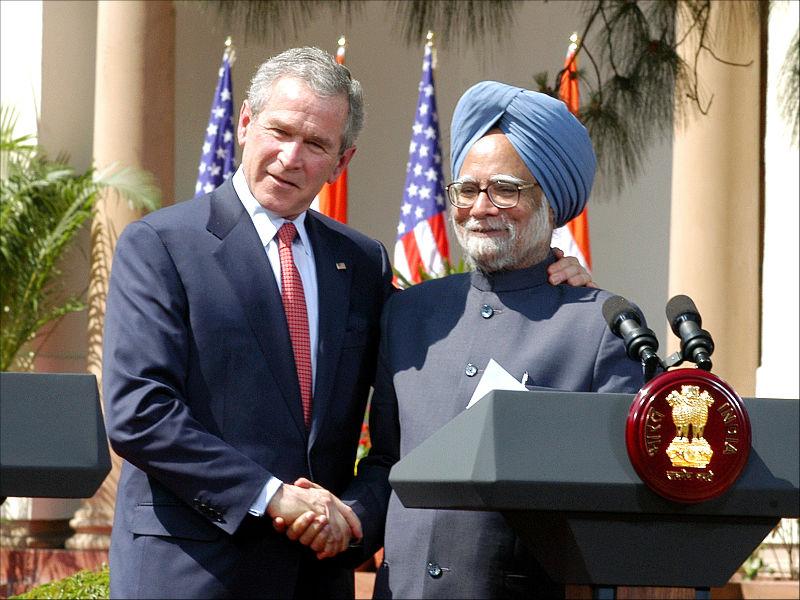
Despite never having won a Lok Sabha seat, Singh “enjoyed huge popular support, not least because he was viewed by many as a pure politician untainted by the taint of corruption that has run through many Indian regimes,” according to the BBC.
Singh is regarded as “one of the world’s most revered leaders” and “a man of exceptional decency and grace” by The Independent, who also mentions that he drives a Maruti 800, one of the most basic automobiles available in India.
Singh was praised by Khushwant Singh as the best prime minister India has ever had. The Accidental Prime Minister, directed by Vijay Gutte and written by Mayank Tewari, is a Bollywood film based on Singh’s life that was released in 2019.
The Bharatiya Janata Party and Modi had targeted then-Prime Minister Manmohan Singh in the run-up to the 2014 Lok Sabha elections, branding him “Maun Mohan Singh” and accusing him of being mute on key matters such as corruption.
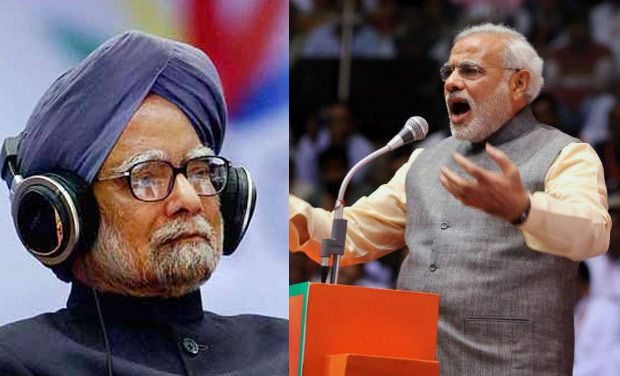
Manmohan Singh went on to say that he was not only India’s ‘accidental prime minister,’ but also its ‘accidental finance minister.’
He was awarded the second-highest civilian honour of India; Padma Vibhushan in the year 1987 along with Japan’s grand honour, the
Grand Cordon of the Order of the Paulownia Flowers in 2014 among others.
Also Read : Inspiring Life Of Jhumpa Lahiri


